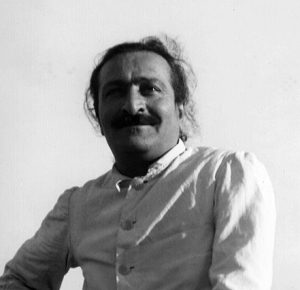
Obedience to the Master as implied in full self-surrender is of two kinds: intellectual and literal. Of these two types of obedience, intellectual obedience comes first and is a preliminary to literal obedience, which is more fruitful.
When you are intellectually convinced about the greatness and Perfection of the Master, you have love and respect for him but are unable to follow his orders literally. Reason being the basis of your conviction, you find it difficult to divorce it from your understanding of the Master and his orders. As the two are inextricably intertwined with each other, your reasoned faith holds you within the limits of intellectual obedience. This phase of the pupil is left undisturbed by the Master, and all the “pills” of obedience offered by him are intellectualized in order to suit the pupil’s taste and caliber.
Through intellectual obedience to the Master, you can annihilate all your sanskaras, provided you are sincere in your logical interpretation of his orders and in their execution. But the result comes much quicker if your obedience is literal.
Literal obedience is the effect of the rocklike faith and deep love that the Master inspires in the pupil through his human appeal. The overflowing radiance of the Master’s halo and the effulgence of his purity and compassion are mainly responsible for creating in the pupil an unswerving faith, which prepares him to follow the Master’s orders implicitly irrespective of their satisfying his critical spirit. Such literal obedience is not even bound by the requirement that the real significance of the orders should be within the intellectual comprehension of the pupil, and it is the best type of obedience to which you can aspire.
Through such implicit and unquestioning obedience, all the crooked knots of your desires and sanskaras are set straight. It is also through such obedience that a deep link is created between the Master and the pupil, with the result that there is an unhindered and perennial flow of spiritual wisdom and power into the pupil.
At this stage the pupil becomes the spiritual son or daughter of the Master, and in due time he or she is freed from all individualistic and sanskaric ties. Then such a rare one also becomes a Master.
-Discourses, 7th Ed, p58